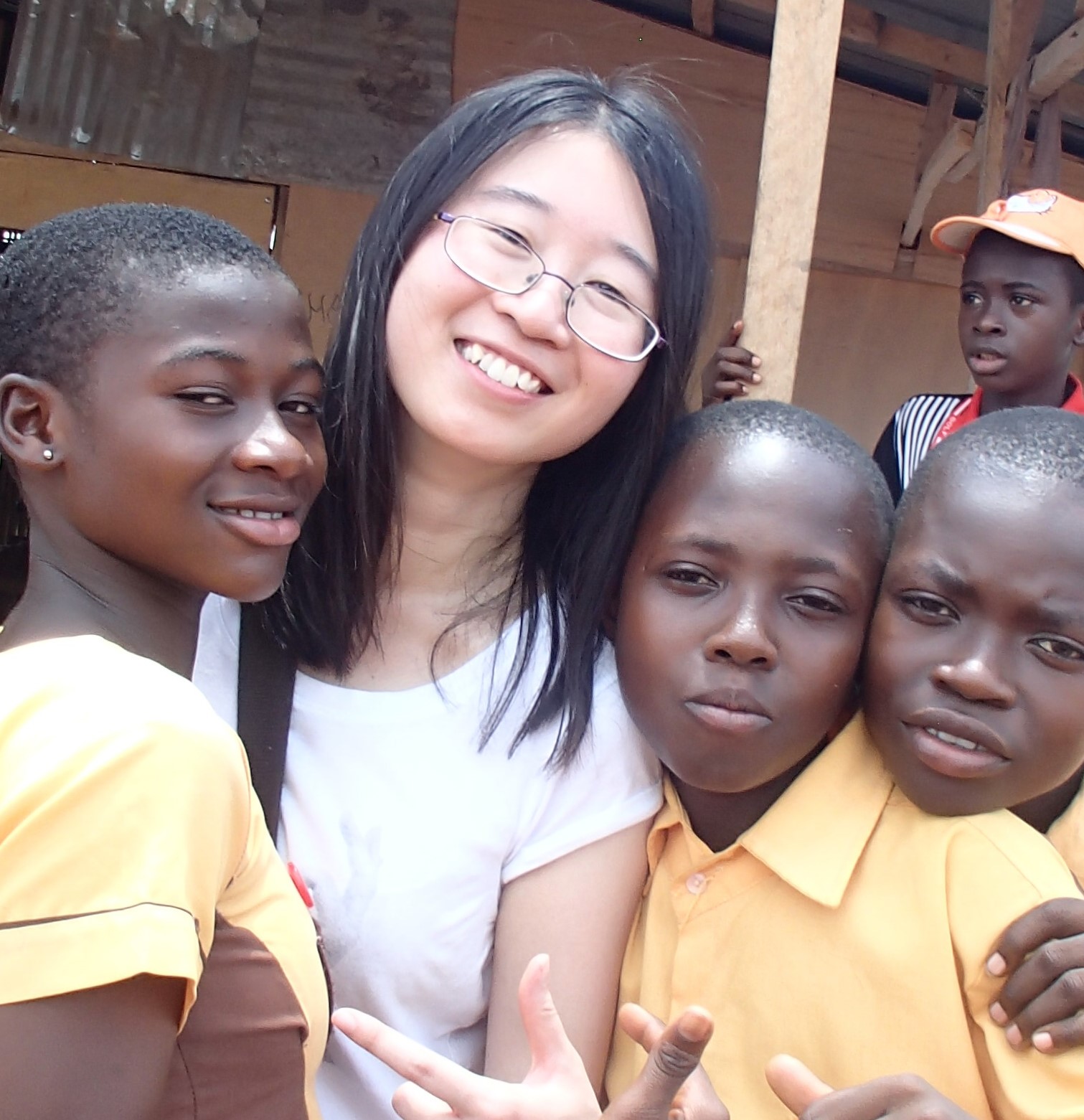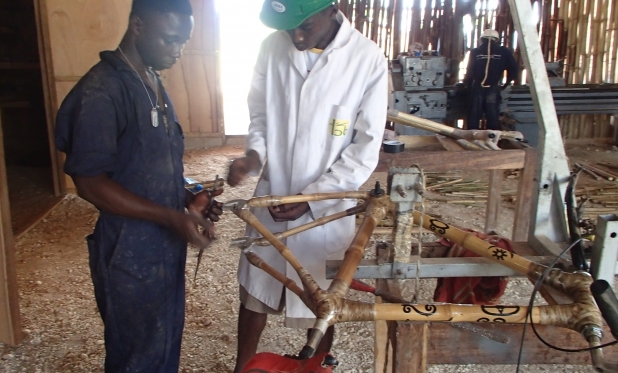Name
Olivia (ICAS)
Employer
GlaxoSmithKline
Day job
Internal Auditor
Assignment
Bright Generation

Olivia Ng CA, internal auditor at GSK and ICAS Sustainability Committee member, explores the challenges and benefits of a secondment with a bicycle social enterprise in Africa.
When you enter the world of work, it can be hard to find and embrace new and different challenges. It becomes more difficult to say “let’s try something different for a few weeks” without some serious trade-offs.
In my 10-year career, I have tried a number of ways to acquire a ”what if…” experience. Not only to satisfy my curiosity, but to quench the thirst for knowing whether “the grass is greener on the other side”.
This desire for a new challenge led me to register as a volunteer with Accounting for International Development (AfID) who assigned me a six-week secondment with an NGO in Ghana which had founded a social enterprise selling bamboo bikes.
I landed in Ghana just over three weeks ago and to say I was petrified was putting it mildly. I had seven hours on the plane to worry about every conceivable thing that could go wrong – and to ask myself what if I can’t add any value? After all, I’ve audited but never been in charge of an accounting department. What if I couldn’t help with the queries? I knew nothing about making and selling bamboo bikes. And how could I get staff buy-in on any changes I might recommend?
Before leaving I have received some background information about the NGO, Bright Generation. There had been a recent Al Jazeera video of the project, which has had over 24 million views around the world and the business is growing. But very little is known about the finance department and the accounting process.
Three weeks on, and with some time still to go, these worries turned out to be unfounded. Together with the finance team, we have been able to map the accounting process, identified areas for improvement, and designed solutions tailored to their needs and staff experience levels. The next half of my secondment will be dedicated to making sure that the team is comfortable with the updated tools and using it on a day-to-day basis, and I will also commit to monthly calls and receiving a copy of the financials after I’ve returned to the UK, to ensure the process is embedded.
Professionally though, this has been an incredible learning experience and I think there a number of ways in which it has benefited me:
Business Acumen
Working on the Business Plan and five- year strategic plan has enabled a stronger understanding of the business and allowed me to ask: What is our promotion strategy? What is our target market? How do we compare to our competitors? What are the risks and challenges to running this business? I will be bringing back this mindset to my current job.
Cultural awareness
Living with a host family here is like having an accelerated crash course in the culture, political landscape, and day to day life.
It answers the ‘what-if’ question
What if I switch to a career with social enterprise or a start up? Which of my skills are transferable, and what kind of skills and network would I need to build up?
Resilience
What to do when the power goes out, or there is an internet outage? What if a key member of your team suddenly has to go on leave and there are limited resources?
Resources
You will be amazed by how many resources are actually available (e.g. the Mango.org website has free excel templates for small NGOs), and also the network of people who are willing to lend a helping hand.
Most importantly...
I had fun! I love living in a different country and have had some amazing experiences over the last few weeks. There is also a direct and immediate impact and it is a very fulfilling feeling leaving the office every day - the staff are keen to learn, and the changes will create tighter control over expenditures, and better evaluate the cost-benefit of each project so that it is possible to identify corrective courses of action or where best to invest limited resources.
It also made me appreciate things that I have come to take for granted in my day job, and inspired a few new ideas. For anyone looking to do something different – I would strongly recommend volunteering as an accountant. It is fantastic plunging into the unknown and feeling you have benefited.
Final thought: Whilst it is not easy getting six consecutive weeks of leave, it is entirely possible to split the visit – perhaps do a two-week visit one month, then go back for another two weeks at a later date. This might also enable the team you are working with to implement changes on their own.
Original article published by ICAS at www.icas.com
Original article published by ICAS at www.icas.com




